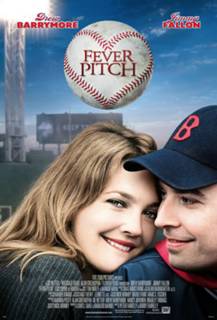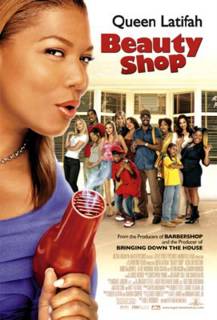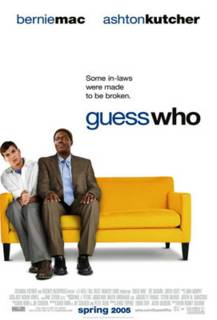
In Robert Rodriguez’ stylish and noirish Sin City, the audience is introduced to a host of sleazy characters – strippers, hookers, rogue cops, cannibals, pedophiles, corrupt politicians – all driven by a maniacal desire of vengeance arising from an outburst of rage to avenge the loss of an object of desire (affection and love cannot be completely equated with how the characters persuasions are melded because all of them seems so dysfunctional to fully appreciate this.)
This is a three-part story all linked by the stripper Nancy (Jessica Alba). As a young girl, Nancy is rescued by the cop Hartigan (Bruce Willis) from the evil hands of Roark (Nick Stahl). The story then jumps to Marv (Mickey Rourke) trying to avenge the murder of his lover Goldie (Jaime King) and it ends with the astonishing battle between the hookers of old town and the mob over the severed head of the rogue cop Jackie Boy/Rafferty (Benicio Del Toro).
Based on Frank Miller’s graphic novels, the movie successfully captures the spirit of its source by presenting it in a dour black and white color and occasionally infusing it with brutish colors of red, yellow and gold to put significance to the particular character in focus.
Beyond the superb photography, the movie also benefits from a reasonably violent yet terrific screenplay.
There is, however, one nagging question that I may have missed in sorting out the stories. After Marv has killed Kevin (Elijah Wood), he goes to Nancy’s flat and leaves the shaken Wendy (Jamie King in a dual role) to recover, Nancy acts so normally when later on it is implied that this takes place after she is rescued once again by Hartigan from the resurrected Roark.
Still, the movie is a visual feast. The physical violence is creatively neutralized by the artistic use of sounds, shadows and grey colors. Quentin Tarantino guest-directed a segment of the finale when the level of violence is amped to its goriest highs.
Without expectation of any redemptive values, Sin City is pulp fiction at its finest. It very effectively cast a confusing focus on the larger representation of the city and its inhabitants to the present-day real society which inarguably is littered with the same cast of seedy characters all lurking in the created shadows of glorified existence but are ready to lunge and kill at a moment’s desire.


